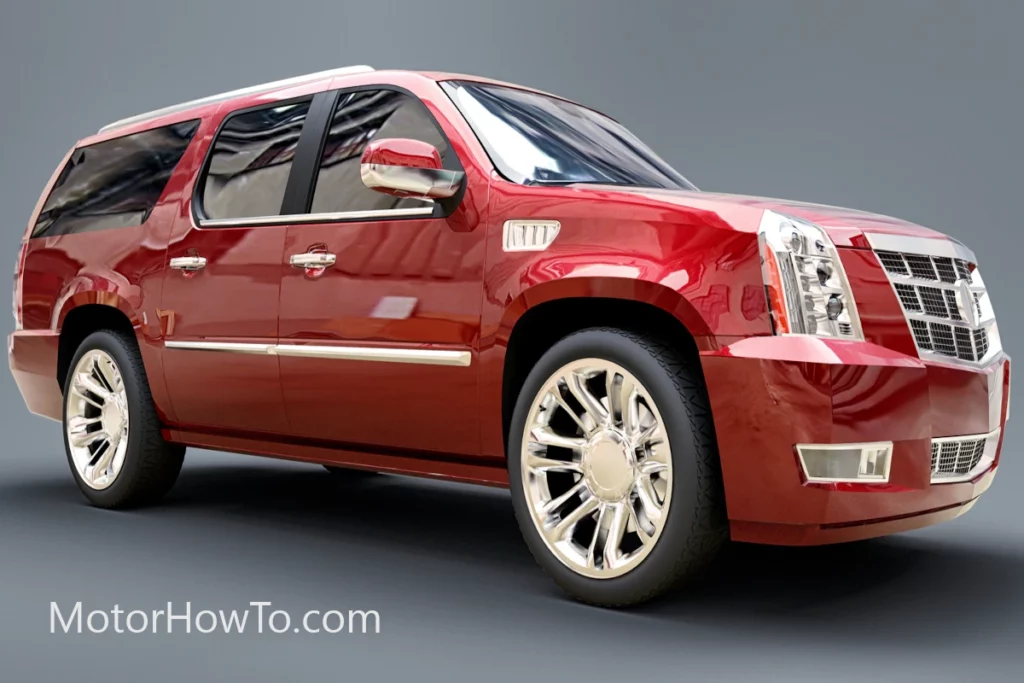A speaker wire is a very integral part of our audio system. It makes the connection between the speakers and the audio amplifiers, and without them, you cannot hear the music selected from the head unit.
The speakers receive electricity from them efficiently. The speaker’s performance might be substantially influenced by the quality of your car wire brand. A poor speaker wire can compromise the output of your audio.
In this article, we will discuss a few questions regarding the speaker wire of a car.
So Is The Car Speaker Wire Different?
Yes, speaker wires are different from power supply wires and they serve different purposes. Largely all speaker wires with the same rating and configuration are similar, be it at home or car. However, if you are going to use a speaker cable for car audio then make sure the insulation is of a higher grade to sustain the engine heat and weather conditions, as the car is mostly in an open environment.
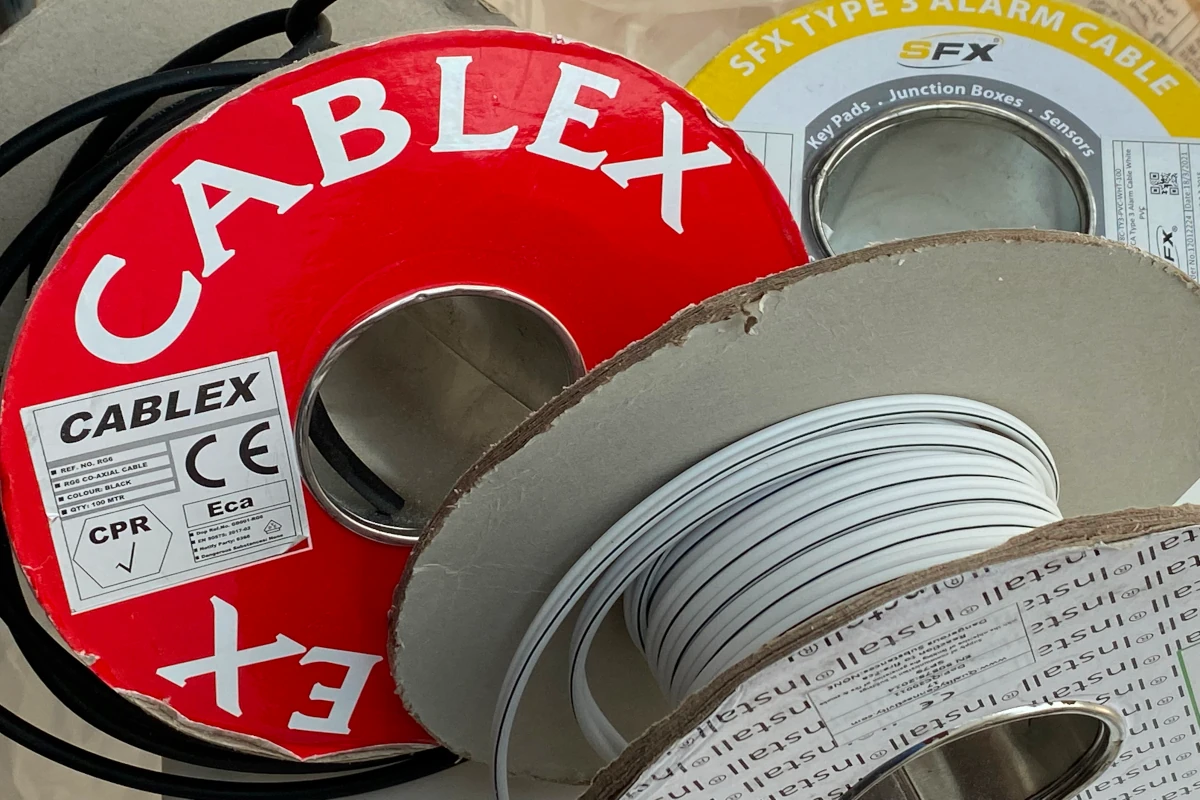
Related:
- Do Car Speakers Come With Wires? (Explained For Beginners)
- Can You Use Welding Cable For Car Audio? (Read First)
- Do Car Speakers Need to be Grounded? (Explained)
Can I Use A Regular Home Electric Wire In My Car?
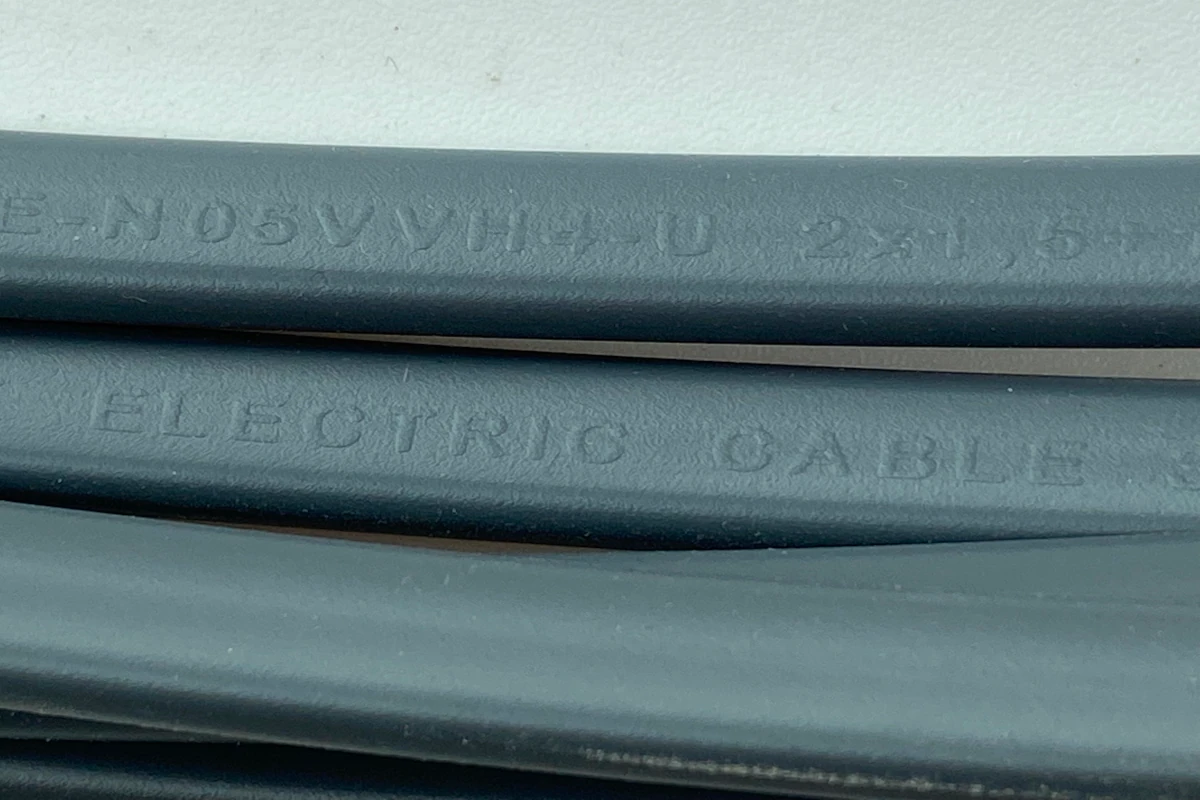
Since a house speaker wire’s size is determined by distance, power, and impedance, it may typically be utilized in-car audio systems.
Home speaker wires use the same design principles as automotive wires. Thus they may be used in a car as long as they are properly matched to the speaker system.
However, there are certain limitations. Since they are more flexible and produce greater sound, stranded electric wires make a superior choice for speaker wires. Solid conductor electric cables are not only brittle but also dangerous to connectors.
Let us compare the two wires based on three important factors:
Wire Grading
Using the American Wire Gauge (AWG) number, speaker wires and electric wires are graded similarly. The gauge number is higher for thinner wires and lower for thicker wires.
A 4 AWG wire is hence thicker than an 18 AWG wire.
Resistance
Electric and speaker wire gauge and resistance are correlated. There is less resistance when using thicker wires since they can carry more electric current.
The amount of electric current that can flow through the conductors is constrained by thinner wires’ higher resistance.
Voltage
The majority of American homes have 120V or 240V electric wiring. Speaker wires carry a comparatively low voltage because they aren’t hooked into a wall outlet. They take advantage of the amplifier’s current.
To conclude, Electric wires are more precise; speaker wires are not. This makes switching to speaker cables from electric wires simpler for you. However, you must ensure that the wire you use does not degrade performance.
Can You Use Any Wire For Car Speakers?
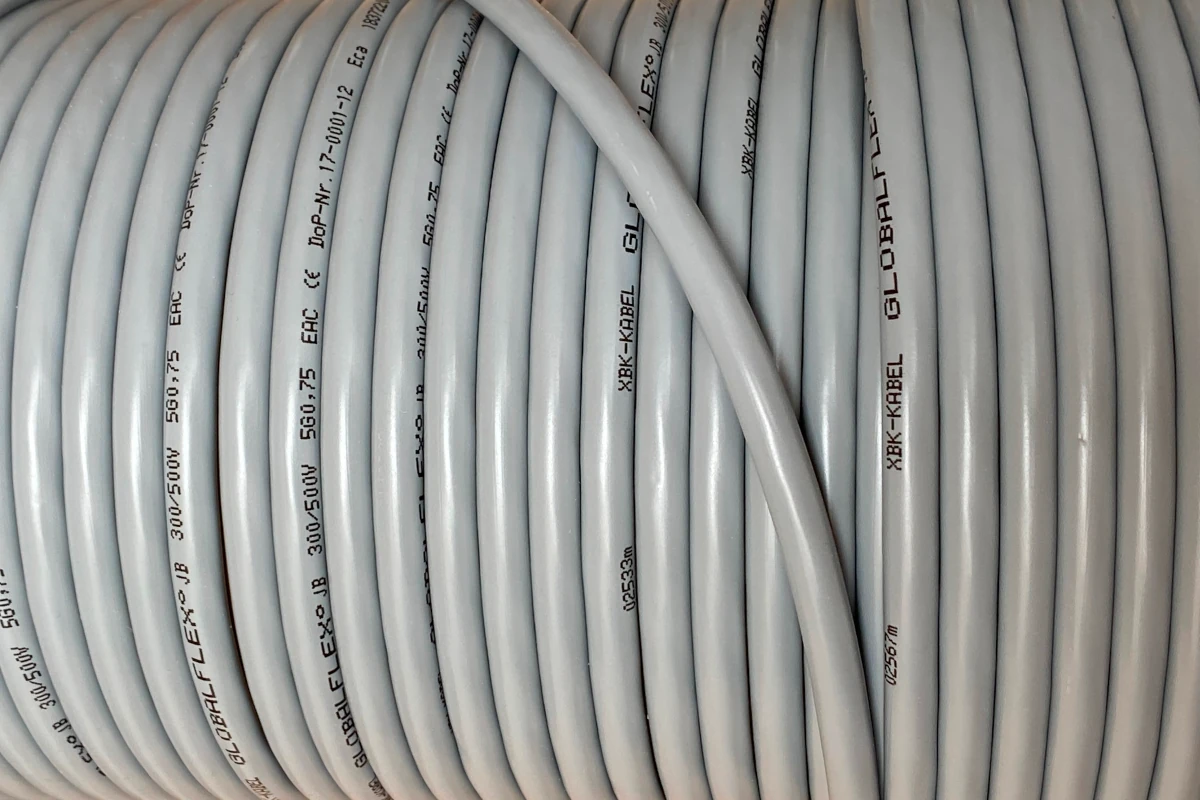
You can use any electric wire for your car speakers with the same configuration, construction, and gauge measurements. The gauge is the wire’s physical size.
Now, even though an electrical wire can be used, you should consider which wire would be the best for your vehicle without any compromise on the quality of the sound.
Several important considerations can help you make a wise and cost-effective choice.
The following factors are crucial for an electrical wire not used for automobile speakers.
In light of this, you should prefer materials that are good conductors. Therefore, copper or silver wires are the best option for good conductivity.
They help ensure that amplified signals reach the speaker smoothly and with minimal power loss.
There is no compromise regarding sound quality, and its purity can be maintained. Additionally, these cables are affordable and simple to find.
What Kind Of Wire Is Used For Car Speakers?
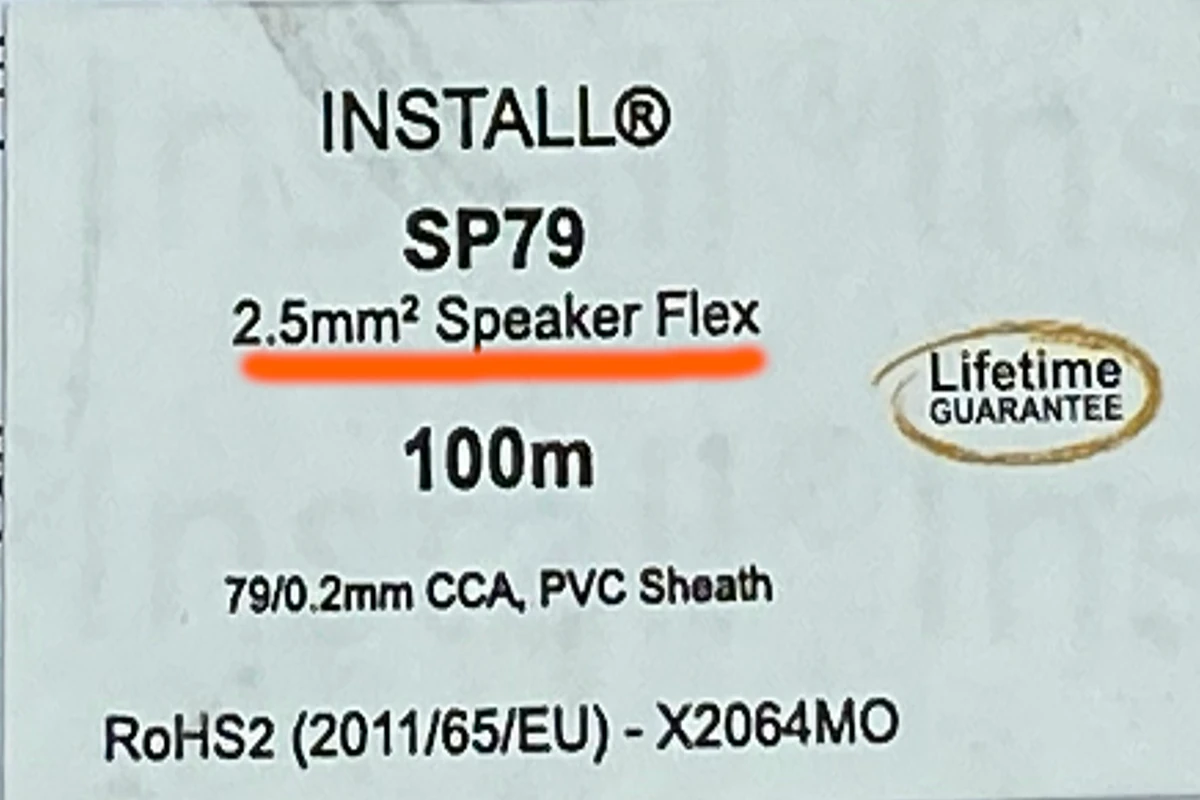
A particular type of speaker wire is used to connect to the speakers in your car. Copper is frequently used to make speaker wire because of its high conductivity and low resistance.
Some producers use silver to make speaker wire because it has a higher conductivity than copper. The drawback of silver is that it costs more than copper and has more impurities, which can lead to poor performance.
When purchasing speaker wire, quality is the main factor to consider. Speaker wire is advertised as 16 AWG, but considerably smaller is fairly frequent. The biggest difference is found when purchasing speaker wire from a reliable supplier.
In a typical application, low-power, factory-style automobile audio speakers will function without issue with practically any size cable. The speaker’s power requirements are much lower than the wire’s capacity to transport that much electricity.
You may frequently need to switch to larger gauge speaker wiring when upgrading from stock speakers to high-power aftermarket speakers with high(er) powered amplifiers. The cable needs to be big enough to bear the load to offer additional power.
What Gauge Speaker Wire Is Used In Cars?
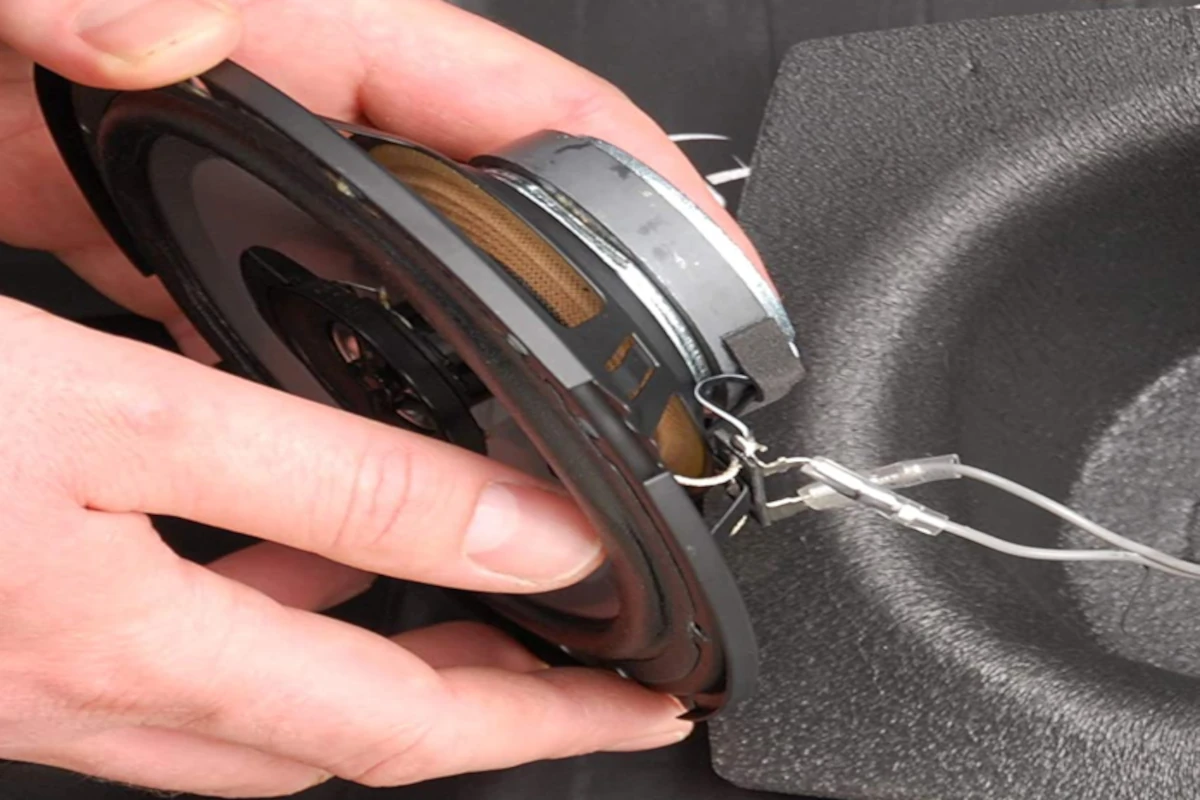
An amplifier needs its power and ground wire to be sufficiently large to support its electrical current requirement to function properly. The length of the wiring run and the amount of electricity your system will attempt to use will determine the wire gauge (thickness) to utilize for power cabling.
The American Wire Gauge establishes the gauge of the speaker wire. Numbers between 10-gauge and 18-gauge make up the range. The wire is thicker the lower the gauge number. A greater signal flow is possible with greater thickness. Therefore, a thicker cable transmits a signal more effectively.
The distance between your amplifier and speakers should be carefully considered. Use a string to simulate the wiring’s path and estimate the distance.
In order to prevent damage, the wire should run down the sides of the car without generating sharp bends at the corners. Make sure to include some length in the final estimate to account for inaccuracies. Cutting off the excess is simpler than shortening oneself.
A wire gauge that is too narrow to be installed results in subpar performance, a possible reduction in the lifespan of connected components (such as your amplifier and speakers), and a possible safety concern. On the other hand, installing a wire gauge that is excessively large has no apparent drawbacks and may even improve performance.
There should be no obstructions in the path of the signal and power, leaving your amplifier for your speakers and subwoofer. We advise using the following when changing or installing new speaker wiring:
- Speaker wires in gauge sizes of 18, 16, or 14.
- Subwoofer wires in gauge sizes of 16, 14, or 12
Bottom Line
In conclusion, speaker wires are different from the wires of your normal appliances in several ways such as the size.
However, it depends from car to car whether a home wire can be used. If you know what you’re doing, you should have no problem deciding what kind of wires you need and you can enjoy high-quality music on the go.
Sources
Speaker Wire vs. Electric Wire: Is There a Difference?



